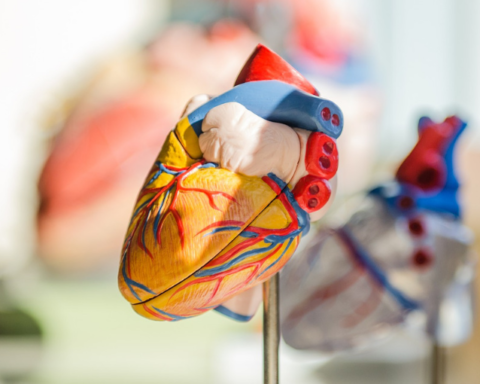From birth to adulthood, being surrounded by sirens, conflict, death, and war is traumatic for any and all growing up in Israel. This kind of trauma rests in the DNA of the people and is exhibited largely in a kind of countrywide post-traumatic stress disorder, whether realized or not. Today, a team of about 100 researchers, teachers and professionals from Tel Aviv University, led by Yair Bar Chaim, are working towards creating a way to treat and prevent PTSD, specifically for soldiers in the Israel Defense Forces.

PTSD is a psychiatric disorder caused by suffering a high intensity traumatic event of personal threats to one’s life or close others. The disease is said to affect, on average, about 8% of combat soldiers; though numbers might be higher due to unreported cases. While the Israel Defense Forces shows lower numbers, there is a still a growing need to determine a way to manage and treat such a disorder for soldiers, veterans and their families across the world.
Combat soldiers are the likeliest to get PTSD, proven by a 2013 study from the IDF Medical Corps Mental Health Department. The research shows that 94% of IDF soldiers searching for help were in combat, with 86% of them losing a fellow soldier. Questions have risen as to how to prevent such a process from taking place, and what’s been found is that proper preparation is key.
Bar Chaim recently led a study through Tel Aviv University which shows the profound effects of computerized training protocols to assist combat soldiers in spotting threats in their environment. Bar Chaim says that when soldiers are ill prepared for threats, they tend to be more likely to get PTSD. By creating such computer programs, they found that PTSD can decrease from 7.8% to 2.6% in combat soldiers.
By training soldiers to practice, prepare and hone their mental resilience, they are creating stronger soldiers. The research and clinical studies have proven so well that both American and Australian armies have joined forces with the IDF, and are instilling some successful practices, and conducting their own research on the effects to their soldiers.








